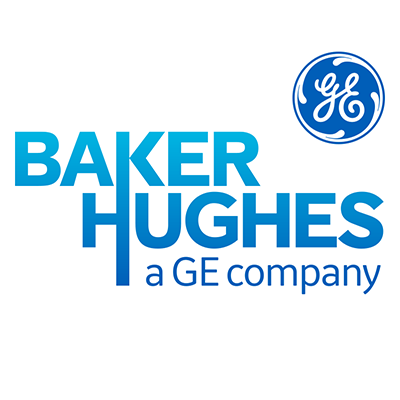
The US Department of Justice has announced that General Electric Co. (GE) has agreed to make incentive payments beginning in 2018 until the energy giant completes the worldwide divestiture of its Water & Process Technologies business (GE Water).
GE agreed to divest GE Water to resolve the department’s competitive concerns with GE’s acquisition of Baker Hughes Incorporated.
As part of the original proposed settlement filed on June 12, GE committed to divest the worldwide assets of GE Water to SUEZ S.A., a leading global water and waste management company, by approximately the end of September 2017.
While GE has divested GE Water assets accounting for approximately 90% of GE Water’s revenues – including all assets in North America – it has not yet transferred to Suez legal title of GE Water assets in certain international jurisdictions due to various administrative challenges.
Delays are likely to push the divestiture in some international jurisdictions into 2018, the US Justice Department said last night. In the meantime, GE has conferred beneficial ownership and operational control of the assets in these jurisdictions to Suez.
The Justice Department filed a motion to enter a modified final judgment in the District Court for the District of Columbia, which the court approved and signed yesterday.
The Court Order contains two newly agreed-upon provisions of note.
First, in order to encourage GE to complete the divestitures promptly, the Court Order requires GE to begin making daily incentive payments as soon as January 1, 2018, until the divestitures in each international jurisdiction are completed.
Second, the Order reflects GE’s agreement to reimburse the United States for attorney’s fees and costs incurred in addressing these delays.
In moving the Court to approve the settlement and incentive payment structure, the Department explained that it only agrees to resolve the competitive concerns raised by a merger through a divestiture remedy “if it determines that the buyer of the divestiture assets will step seamlessly into the shoes of one of the merging parties and preserve the competition that otherwise would be lost due to the merger.”
To ensure that competition is preserved, merging companies must commit to completing the required divestiture in a timely fashion and, in return, they are allowed to consummate their merger before the divestiture is finalized.
In this case, GE signed a Hold Separate Stipulation and Order in which it agreed to make a prompt, complete divestiture and was allowed to consummate its merger with Baker Hughes on July 3.
However, GE is now unable to comply with the timing it committed to in its original settlement with the Department.
“The Antitrust Division takes seriously the enforcement of commitments parties make when settling antitrust lawsuits and will seek to have the parties reimburse United States taxpayers for the fees and expenses the Division incurs in enforcing our consent decrees,” said Assistant Attorney General Makan Delrahim of the Antitrust Division.
“I want to recognize and commend General Electric for its proactive cooperation in resolving the issues arising from the incomplete execution of the required divestiture within the original timeframe and for agreeing to reimburse the taxpayers in connection with the review and revision of the decree.”